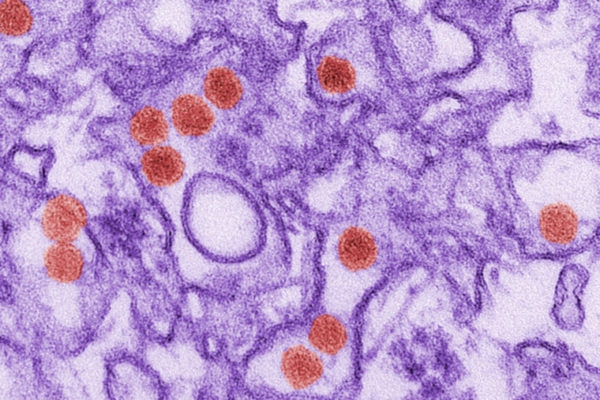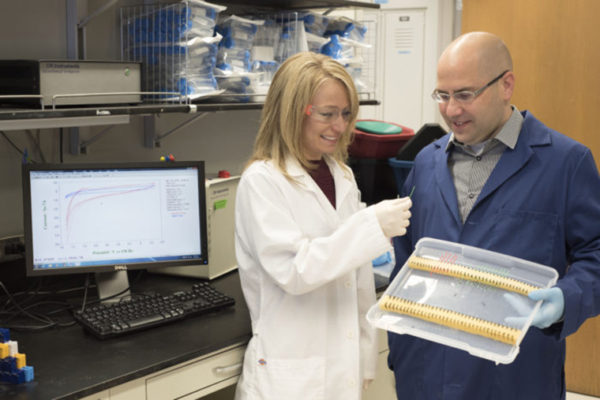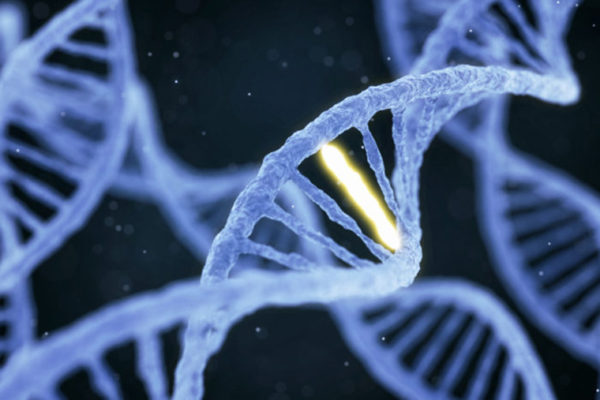Psychiatric help for families prevents continuing child abuse, neglect
Researchers at the School of Medicine have found that a program aimed at helping abused and neglected children and their families is improving outcomes for kids and providing children with stable home environments as their cases move through the courts.
Potential drug target identified for Zika, similar viruses
A team at Washington University School of Medicine in St. Louis has identified a single gene pathway that is vital for Zika and other flaviviruses to spread infection between cells.
Pregnant women’s high-fat, high-sugar diets may affect future generations
New research from the School of Medicine suggests that mothers who eat high-fat, high-sugar diets can predispose multiple generations to metabolic problems, even if their offspring consume healthy diets.
Age, obesity, dopamine appear to influence preference for sweet foods
As young people reach adulthood, preferences for sweet foods typically decline. But for people with obesity, research from the School of Medicine suggests that the drop-off may not be as steep and that the brain’s reward system operates differently in obese people than in thinner people. The findings are published in the journal Diabetes.
New insight into role of amyloid beta in Alzheimer’s disease
New Alzheimer’s disease research details a technique that speedily measures levels in the brain of a damaging protein fragment, and insight into why mutations in a specific gene increase the risk of developing the disease. Both studies, from researchers at Washington University School of Medicine in St. Louis, are available online in The Journal of Experimental Medicine.
Probing proteins’ 3-D structures suggests existing drugs may work for many cancers
Examining databases of proteins’ 3-D shapes, scientists at School of Medicine have identified more than 850 DNA mutations that appear to be linked to cancer. The information may expand the number of cancer patients who can benefit from existing drugs. The study, published June 13 in Nature Genetics, detailed a list of the mutations and associated drugs that may work against them.
New clues to understanding autoimmune diseases
With research that points to potential therapeutic targets for autoimmune diseases, researchers at Washington University School of Medicine in St. Louis have identified genetic master switches that turn up – or down – the activity of specific types of immune cells.
Gut microbes’ metabolite dampens proliferation of intestinal stem cells
New research at Washington University School of Medicine in St. Louis indicates stem cells located in “pockets” in the intestine avoid contact with a prominent metabolite produced by beneficial microbes living in the gut. That metabolite – butyrate – restricts the proliferation of stem cells, potentially hampering the intestine from repairing itself after an injury or damage.
Development of gut microbes and gut immunity linked
Studying twins from birth through age 2, scientists at Washington University School of Medicine in St. Louis have shown that the gut’s immune system develops in sync with the gut’s tens of trillions of microbes. The findings have implications for understanding healthy growth and, potentially, the origins of various immune disorders.
Turning humidity into clean drinking water
Social venture WOOTA (Water Out Of Thin Air) is the winner of this year’s School of Engineering & Applied Science’s annual Engineering Discovery Competition (EDC) and will receive $20,000 in cash, as well as $5,000 in legal services from Polsinelli for building a device that turns humidity in the air into clean drinking water.
View More Stories









